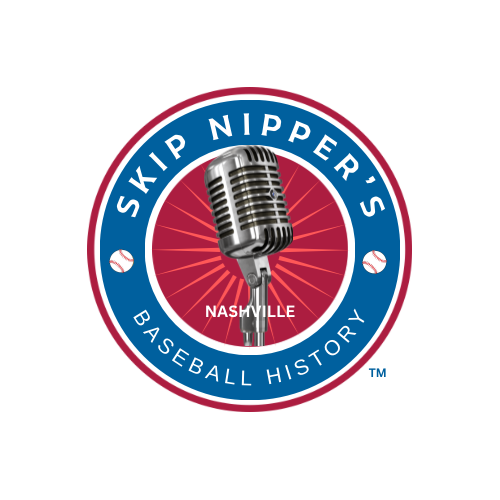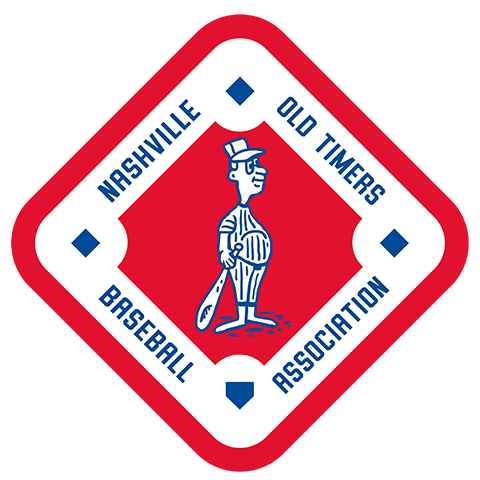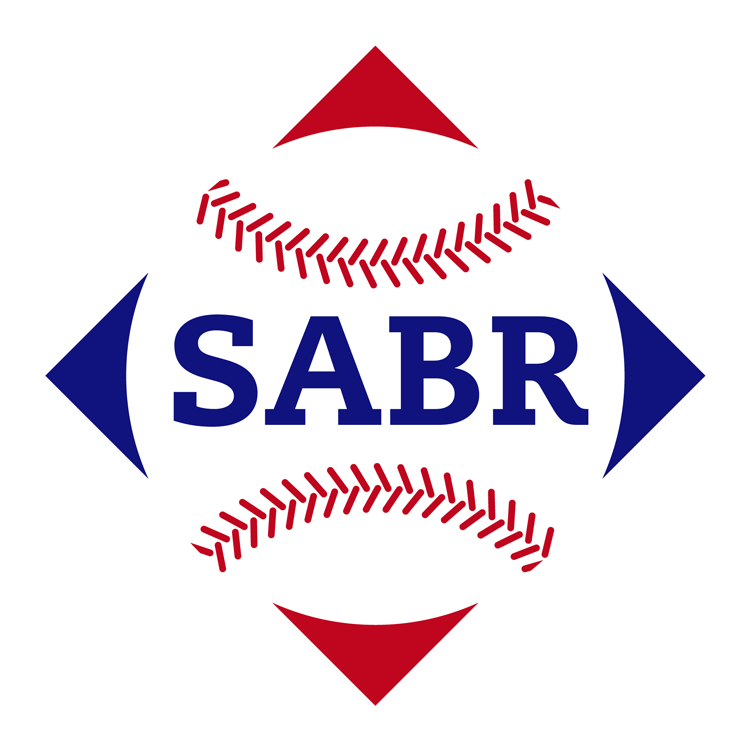
As the final curtains began to lower on professional baseball in Nashville and the iconic Sulphur Dell prepared to close its doors, Dr. Cleo Miller—a revered figure and former president of Vols, Inc., the ownership group of the beloved ball club—sensed the profound loss the community would face. With deep reverence for Nashville’s baseball legacy, he proposed an idea to Vols general manager Ed Doherty that would honor one of the city’s most cherished baseball sons.
This proposition was warmly embraced by two notable baseball aficionados from Nashville, Junie McBride and Jimmy Miller, whose enthusiasm quickly convinced Doherty to declare August 30 as “George Archie Night” at the ballpark—a fitting tribute to a local hero.
Archie was a coach for the Nashville Vols at the time, and unpaid position at home games at the time, and that’s how he was dressed when he was honored: in his Vols uniform.
Bill Wade, Chicago Bears quarterback who played with Archie in the local sandlots, spoke highly of his friend.
“To me, George Archie is a real sturdy oak of Nashville baseball. His line drive shots were typical of his character – true, solid, smooth and powerful and always a help when most needed. In my association with George he has always been a gentle, humble person and a humbling, determined competitor.”
On the night of the event, the 49-year-old bachelor was presented with a variety of gifts and testimonials. A disappointing crowd of 972 included his mother, Archie was made an honorary colonel on Governor Frank Clement’s staff, given a key to the city, and received messages from baseball commissioner Ford Frick, American League president Warren Giles, and the president of Archie’s employer, Nashville Bridge Company, Gilbert M. Dorland gave him a plaque.

George Albert Archie, born on April 27, 1914, in the heart of Nashville, was not just a player; he was a symbol of perseverance. He carved out a place for himself in Major League Baseball, donning the uniforms of the Detroit Tigers, Washington Senators, and St. Louis Browns over three seasons, primarily showcasing his skills as a third baseman while also demonstrating versatility at first base.
In the fall of 1933, Archie took his first significant step in professional baseball by signing with the Detroit Tigers. His journey began modestly with the Muskogee Tigers in the Western Association. His talent blossomed over the next few years, playing with the Beaumont Exporters in the Texas League during 1935 and 1936. By 1937, he was in the American Association with the Indianapolis Indians, and before long, he found himself with the Toledo Mud Hens. His dedication and talent paid off when he was called up by the Tigers at the season’s end, making his major league debut on September 14, 1938, though it was a brief introduction, with just three games under his belt that season.

Archie’s career flourished with the Tigers, but his journey took him through the Washington Senators in 1941 and the St. Louis Browns during the same tumultuous year and again in 1946. His resilience shone brightly during his time with the Seattle Rainiers in the Pacific Coast League, where he astounded spectators with a .330 batting average in 1939. The following year was even more remarkable, as he hit .324 and garnered PCL MVP honors, earning a well-deserved promotion back to the major leagues with the Senators.
However, his baseball journey was interrupted by the call of duty. On December 9, 1941, Archie was inducted into the Army at Camp Forrest, Tennessee. In 1942, while at the Jefferson Barracks Reception Center in Missouri, he continued to hone his craft. Stationed at Fort Riley, Kansas, in 1943, he emerged as a standout player, earning the National Baseball Congress MVP for his pivotal role in securing the NBC World Series title for the Camp Wheeler Spokes. His service took him to Camp Shelby, Mississippi, in 1944, and then overseas with the 65th Infantry Division, where he fought bravely in France and Germany.
After the surrender of Germany, Archie took to the diamond once more, playing first base for the 65th Infantry Division baseball team alongside notable players Harry Walker, Ken Heintzelman, and George Scharein. Together, they claimed the II Corps championship that year.
Honorably discharged in January 1946, Archie returned to the Browns, but the scars of war—both physical and emotional—had taken their toll. “I came back after the war…but I had lost too much, the eyesight and what speed I had,” he reflected in a poignant interview in 1991.
His return to the game was brief; after just four games, he parted ways with the Browns and joined the Los Angeles Angels in the Pacific Coast League.
Despite the challenges, Archie continued to pursue his passion for baseball, eventually serving as a player-manager in Texarkana, Texas, but injuries cut that chapter short. He pivoted to a stable career at the Nashville Bridge Company, where he dedicated 28 years of his life, all the while nurturing local baseball talent as a coach for Nabrico’s teams.
From 1965 to 1967, he embraced a new role as the head baseball coach at Vanderbilt University, passing on his wealth of knowledge to the next generation of players.
“George was a real hero back then,” fondly recalled his long-time friend, Herb Connelly of Seattle. “He gave up his career to go with (General George) Patton into Germany, Austria, and France. That was his legacy.”
Archie remained a steadfast figure in Nashville’s baseball scene, continuing to coach local amateur and semi-pro teams and often stepping back onto the field himself. He left this world on September 20, 2001, in Nashville, Tennessee, at the age of 87, leaving behind a storied legacy that would be cherished for generations.
As an epilogue, there is more to tell beyond his coaching career with the Nashville Vols and other teams in the area. One day I was sitting in my office and there was a knock on the door. Tom McBride, Junie McBride’s nephew, was there and asked if I would be interested in George Archie’s scrapbook.
I was floored. The answer was a quick “yes!” and Tom brought in four or five scrapbooks of newspaper clippings, meticulously saved in a neat order by his mother.
These are treasures, and I find myself turning the pages to learn more about this special ballplayer who was honored with his own “night,” and most deservedly so!
In addition to ancestry.com, baseball-reference.com, and access to George Archie’s newspaper files provided by Tom McBride, the author utilized the following sources:
Nashville Banner
Nashville Tennessean
The Sporting News
© 2025 by Skip Nipper. All Rights Reserved.



